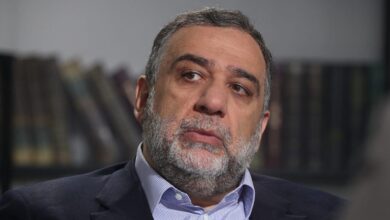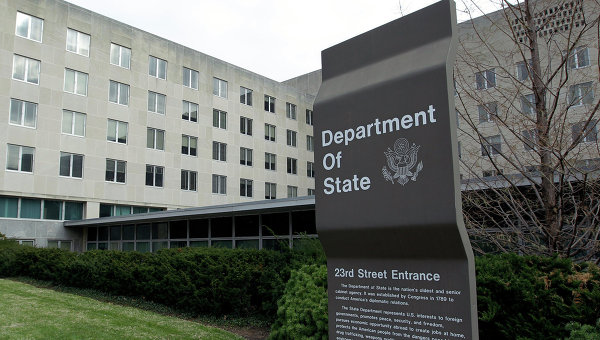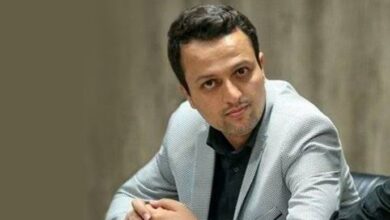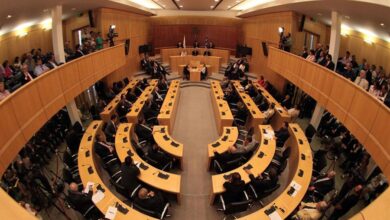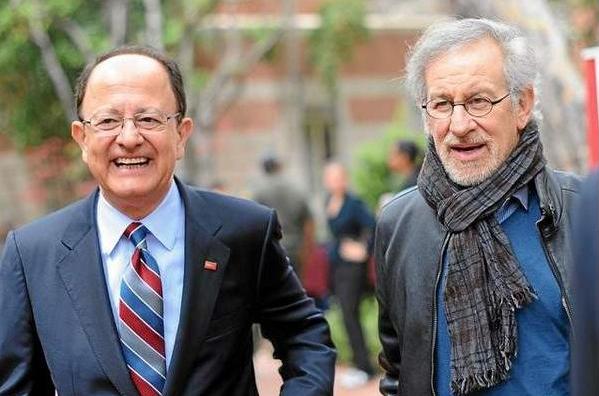
A Los Angeles-based foundation launched by Steven Spielberg 20 years ago to document the Holocaust is now expanding its reach to study other genocides and the impacts of mass violence, the director announced Friday at the organization’s USC headquarters, the Los Angeles Daily News reports.
Spielberg founded the Shoah Foundation in 1994, a response to his in-depth research on the Oscar-winning Holocaust epic “Schindler’s List,” which brought him to the gates of Auschwitz. He brought what is now called USC Shoah Foundation — The Institute for Visual History and Education to the university in 2006.
Now the foundation is adding a Center for Advanced Research. Over the next five years, the Center will focus research and scholarship on resistance to all genocides — not just the Holocaust — as well as mass violence’s psychological impacts, and will digitize those studies. The center will host annual conferences, and offer archived testimonies that will lend insight into genocide.
“The world now has a beacon of hope in breaking the cycle that leads to mass violence,” Spielberg said at Friday’s announcement.
Currently, the Shoah Foundation is home to 51,444 audio-visual genocide survivor and eyewitness accounts conducted in 58 countries and 34 languages. The Armenian Film Foundation recently donated an extra 400 testimonies recalling the 1915 Armenian Genocide, which began 99 years ago Thursday.
Wolf Gruner, Center director, said the new initiative will show the connection between survivors and witnesses to several genocides, including Armenia, Darfur and Rwanda.
“With the Holocaust, we’re in a stage of diverse research and scholarship over the years. Genocide (studies), not so much,” Gruner said. “The scholarship on genocide developed much later. It really took off in the last 10 years.”
USC president C.L. Max Nikias said the university’s involvement has helped the organization organize and preserve its collections.
“He understood that, for these precious archives to have eternal life, they needed to be preserved by a university such as USC,” Nikias said at the announcement. “He believes the testimonials…give voice to the voiceless, and life to the lifeless.”
Bringing the Shoah Foundation to USC helped both the college and Spielberg, according to foundation executive director Stephen D. Smith.
“What it brought to USC was one of the richest archives in Holocaust history,” Smith said.
With USC’s guidance, the footage was digitized. Further footage, such as the Armenian Film Foundation’s recent donation, will take another year to integrate into the database, but align nicely with the Armenian Genocide’s 100th anniversary next year.
“What we’ve done is revolve very strongly around digital literacy,” Smith said. “This digital archive is used to teach about the Holocaust and other mass violence, but used to also teach about digital leadership.”
On May 7, the Shoah Foundation’s 20th anniversary will be marked at the Ambassadors for Humanity gala, hosted by Conan O’Brien and featuring “Schindler’s List” star Liam Neeson and a performance by Bruce Springsteen. President Barack Obama will be the featured speaker.
According to Spielberg, 20 years still isn’t long enough.
“We’ve made tremendous progress in the 20 years we’ve been in existence, but every single year it seems our work has hardly begun,” Spielberg said at the announcement. “So much to finish, and there’s no end in sight, sadly.”




